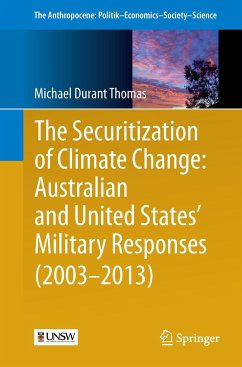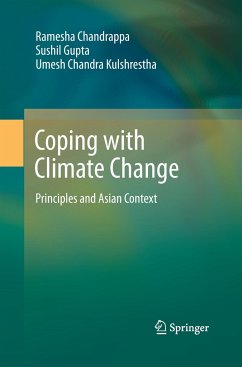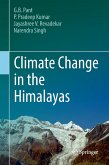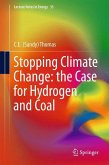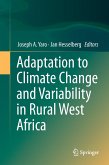This book examines how the armed forces of the United States and Australia have responded to the threat posed by climate change to national security. Drawing on established securitisation frameworks ('Copenhagen' and 'Paris' Schools), the author uses a combination of quantitative and qualitative techniques to systematically examine more than 3,500 speeches, policies and doctrinal articles since 2003. Importantly, the author undertakes an examination of the intersection between the political and the military spheres, probing the question of how ideology has influenced the military's uptake on the issue. In this context, the author identifies the difficulty of an ostensibly apolitical institution responding to what has become both a hyper-political issue and an unprecedented security threat. A close examination of the key political actors - their intent, outlook and political mandate for broader climate action - is therefore crucial to understanding the policy freedom and constraints within which military leaders operate. The book consists of eight chapters divided into four parts, focusing on: perspectives and methodological insights; empirical case studies; case study comparison; and concluding observations.
-Offers a rare and systematic examination of military climate policy by a military officer from Australia-Identifies a divergence of Australian military climate policy from that of the US military during the Obama Administration-Develops a unique method that quantifies climate security, enabling a graphical representation for quick and ready reference ideally suited to policy-makers
-Offers a rare and systematic examination of military climate policy by a military officer from Australia-Identifies a divergence of Australian military climate policy from that of the US military during the Obama Administration-Develops a unique method that quantifies climate security, enabling a graphical representation for quick and ready reference ideally suited to policy-makers

